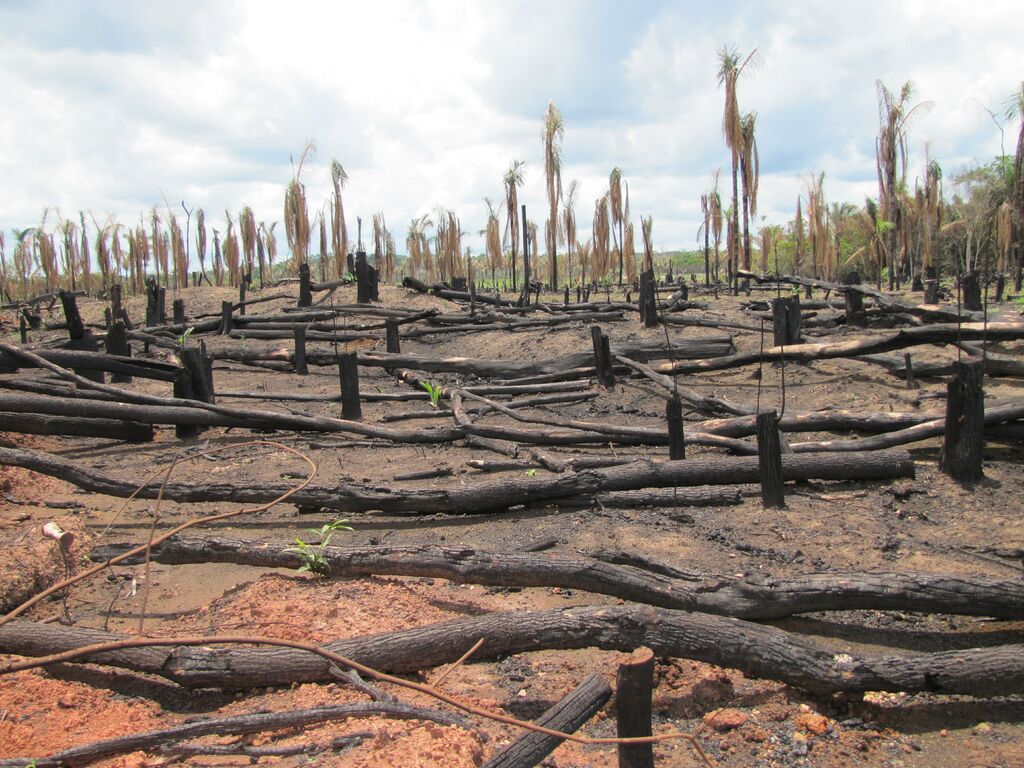11.12.2024
The European Parliament has approved a one-year postponement for companies to comply with the EU’s deforestation regulation. This decision responds to concerns from businesses, member states, and international partners about the feasibility of meeting the original deadlines. The regulation’s goal remains unchanged: to ensure products sold in the EU are not sourced from deforested land, thus addressing the environmental and social impacts of EU consumption.
Key Dates and Deadlines
Under the revised timeline:
- Large operators and traders must comply by December 30, 2025.
- Micro- and small enterprises have until June 30, 2026.
This extension allows businesses worldwide to implement the regulation smoothly without undermining its objectives.
New “No Risk” Country Category
In addition to extending deadlines, the European Parliament introduced a new risk category for countries. The updated classification now includes:
- No Risk: Countries with stable or increasing forest areas. These nations will face significantly fewer requirements due to the negligible deforestation risk.
- Low, Standard, and High Risk: Existing categories that dictate the stringency of compliance measures.
The European Commission has until June 30, 2025, to finalize a benchmarking system to classify countries under these categories.
The Impact of EU Consumption on Global Deforestation
EU consumption contributes to approximately 10% of global deforestation, with commodities such as palm oil and soy accounting for over two-thirds of this impact. Between 1990 and 2020, the world lost an estimated 420 million hectares of forest, an area larger than the entire EU. The deforestation regulation aims to curb this trend by ensuring the EU’s imports do not drive deforestation.
What the Regulation Covers
Adopted in April 2023, the deforestation regulation addresses commodities with significant links to deforestation. These include:
- Cattle
- Cocoa
- Coffee
- Palm oil
- Soy
- Wood
- Rubber
- Charcoal
- Printed paper products
Already in force since June 29, 2023, the regulation’s operational provisions were initially set to apply by December 2024. The postponement grants additional time for companies to align with these requirements.
Next Steps
The amended regulation will undergo interinstitutional negotiations before entering into force. Both the Council and the European Parliament must approve the changes, which will then be published in the EU’s Official Journal.
How Businesses Can Prepare
To ensure compliance, companies should:
- Assess supply chains: Identify and mitigate risks of sourcing from deforested areas.
- Engage with suppliers: Collaborate to implement sustainable practices and traceability mechanisms.
- Stay informed: Monitor updates on country classifications and compliance guidelines from the European Commission.
Conclusion
The deforestation regulation represents a critical step in addressing climate change and biodiversity loss. By aligning their practices with the regulation, businesses can contribute to global sustainability efforts while ensuring smooth market operations within the EU. The extended timeline offers a vital opportunity for operators to transition effectively and responsibly.

